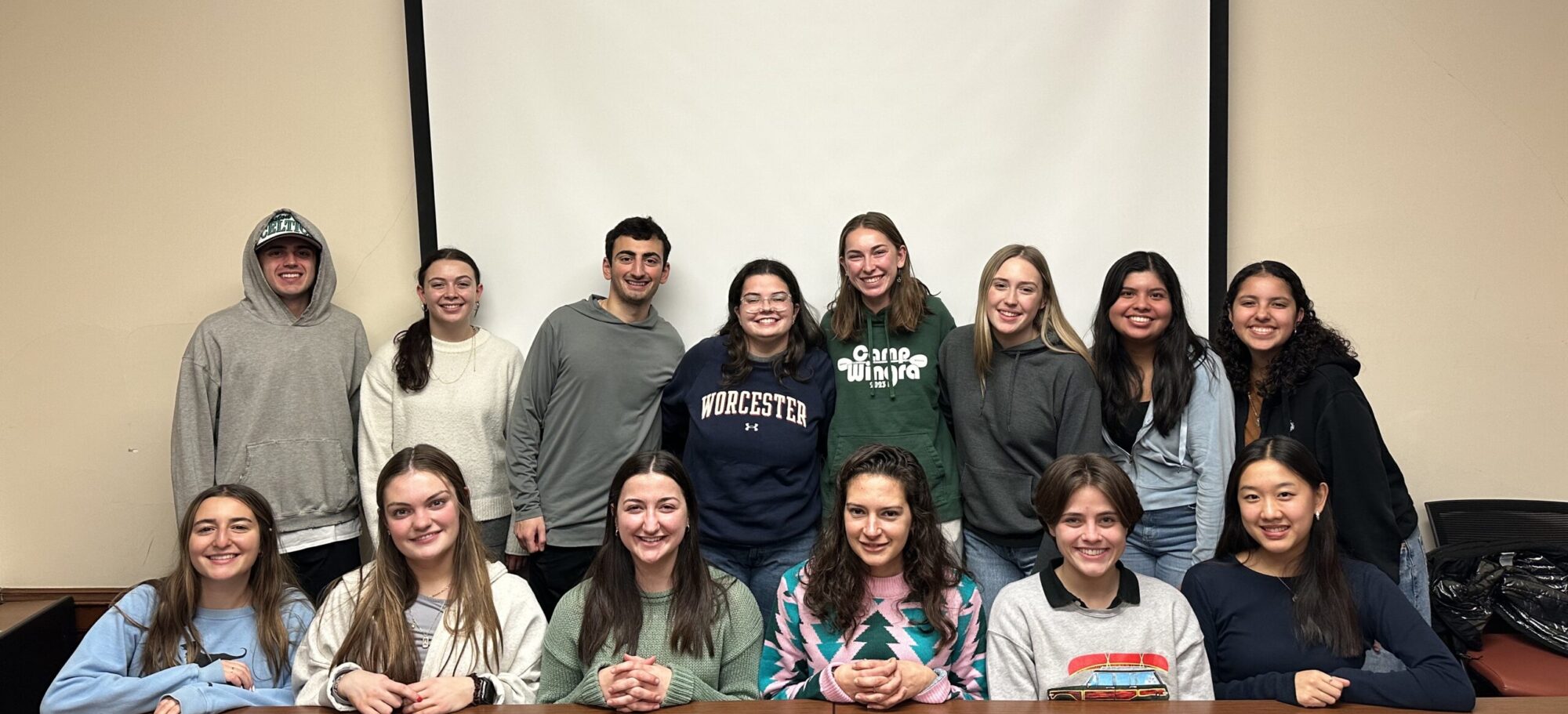On October 4th in the Hogan Campus Center, Father Campbell – a graduate of the class of 1987 and Vice President of Mission at Holy Cross – spoke about the intersections of our Jesuit Mission and social justice at the College. His audience was composed of, among others, members from Holy Cross Pax Cristi, Student Programing for Urban Development (SPUD), Multicultural Peer Educators (MPEs), and Community-Based Learning (CBL) students. Basing his arguments on biblical foundations, Father Campbell illustrated how the Catholic Church was formed with an initial emphasis on social justice. He then touched upon how many encyclicals starting with Rerum Novarum and ending with Laudato Si further clarified the church’s dedication to social justice work. Moreover, Father Campbell explained the role of prophets in modern day society and how we can function as prophets through criticizing oppressive culture and energizing with new ideas and visions. Shortly after, he closed with “Don’t just stand there, do something! Don’t just do something, stand there!” In a sense, he demonstrated how, often, the most important type of service requires one stepping back and taking in what is happening around oneself, rather than trying to do everything all together.
After Fr. Campbell’s talk, the audience broke into small groups to dive deeper into several aspects of the lecture and how it applies to the student experience at the College of the Holy Cross. One area of discussion revolved around how Holy Cross students should not limit themselves to a brief two-hour window of service per week in the Worcester community while on the Hill, but should strive to incorporate service learning within their chosen career path after graduation and beyond. Moreover, several students touched on the difficulties of being exposed to the sheer magnitude of issues prevalent not only in Worcester, but across the country and globe. Students noted that SPUD and CBL sites have considerably raised their awareness of, and given physical faces to, the many social justice issues discussed in the classroom, and make them “much more real,” and “hit closer to home” — primarily for students coming from more privileged backgrounds.
Prior to this talk, we both had an understanding of the emphasis that is placed within our Jesuit identity to be men and women for and with others, working towards social justice. Through Father Campbell’s talk, we realized that these deep roots to social justice did not originate with St. Ignatius, but rather in the Bible, many years prior. In addition, we greatly appreciated one of Fr. Campbell’s answers to a question from a student in attendance after the talk, and felt that his response effectively highlighted the essence of his lecture. In short, the student stated that the concept of “charity” often has a negative, “superiority-level” connotation to it, and then asked how Fr. Campbell views the concept of charity. In his response, Fr. Campbell noted that for him, charity is simply “love,” and when acts of charity are done in this manner, they cannot be faulted for mal-intent, but out of generosity and genuine affection for one’s sister and brother. Through these two insights, we have begun to see how social justice is purposefully tied into our existence and curriculum at the College of the Holy Cross in order to form graduates with a strong sense of human rights and social equity within society.


